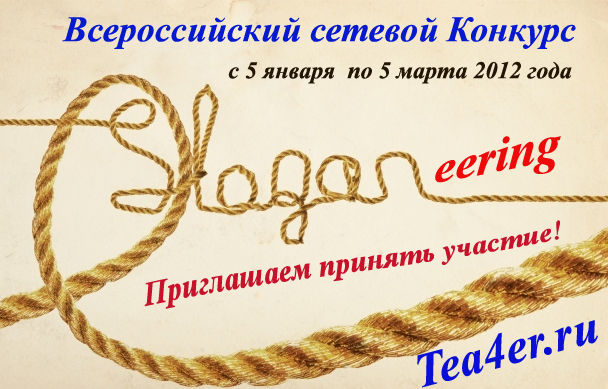 Вы услышите
рассказ человека, увлеченного созданием календаря. В заданиях А8—А14 обведите
цифру 1, 2 или 3, соответствующую выбранному вами варианту ответа. Вы услышите
запись дважды. У вас есть 50 секунд, чтобы ознакомиться с заданиями.
Вы услышите
рассказ человека, увлеченного созданием календаря. В заданиях А8—А14 обведите
цифру 1, 2 или 3, соответствующую выбранному вами варианту ответа. Вы услышите
запись дважды. У вас есть 50 секунд, чтобы ознакомиться с заданиями.
Today I bought "The Ecological Calendar" that has peculiar formatting on its title. The calendar is apparently available in a few different formats. The one I've bought is a weekly planner for 2007, although it starts at the Winter Solstice, so it includes part of December too. It's partly in the standard Gregorian format, so I don't have to worry about making, mistakes in it that take away from its usefulness. In 1997, I had a weekly planner where the week started with Monday instead of Sunday, as it does in some countries, and that little change caused a lot of havoc in any kind of scheduling that I tried to do.
However, it pairs the usual Gregorian calendar with a lot of information about the astronomical and seasonal changes that are happening at that time of year, so that you get the feeling of being connected to the grand cycles of nature. What the plants and animals are doing, when you can look for meteor showers, that sort of thing; it's quite detailed.
This calendar concept is the one that is dear to me. It's part of what I was trying to accomplish when I was working on my own calendar project called "The Book of Days", which was supposed to give a sense of the passage of time so that each part of the year is meaningful. It would describe the patterns common among all cultures such as the psychological need for relief from the darkest part of winter, and most cultures say that the veil between our world and the other world is thinner at a certain time of the year, even though they don't all agree on when that is. It would tell about the cycles in nature such as seasons, and any light-hearted contemporary events such as Rabbit Hole Day. It didn't just list events, it drew connections between them so that you can get a feel for the significance of the current time.
However, "The Book of Days" was a very time-consuming thing to try and work on every day. I'd hoped that it would become a voluntary group project and thus would lessen the load of each contributing individual, but other people seemed to lack interest. I managed it for several months, but it was too much for one person to manage alone. Eventually I had to let them go off it for more important projects. I still want to see something like "The Book of Days". That's why I'm so glad to see that someone else has executed a similar project, "The Ecological Calendar".
I also like the idea of redefining the scope of time that we humans perceive that I have found in "The Clock of The Long Now", a book I'm in the middle of reading and which has already made a huge impression on me. That book argues that we need to expand our concept of time which looks not only at the present, back into the past and into the future at least a century each, but which also encourages us to learn from the past as well as consider our impact on future generations.
So for 2007, I'll be completely redefining my perception of time to make it more meaningful, although that's something I've been working on for a while now, since calendars fascinate me.
You have 15 seconds to complete the task. (Pause 15 seconds.)
Now you will hear the text again. (Repeat.)
This is the end of the task. You now have 15 seconds to check your answers.
(Pause 15 seconds.)
|
A 8 |
A 9 |
A 10 |
A 11 |
A 12 |
A 13 |
A 14 |
|
3 |
1 |
2 |
2 |
3 |
2 |
3 |




